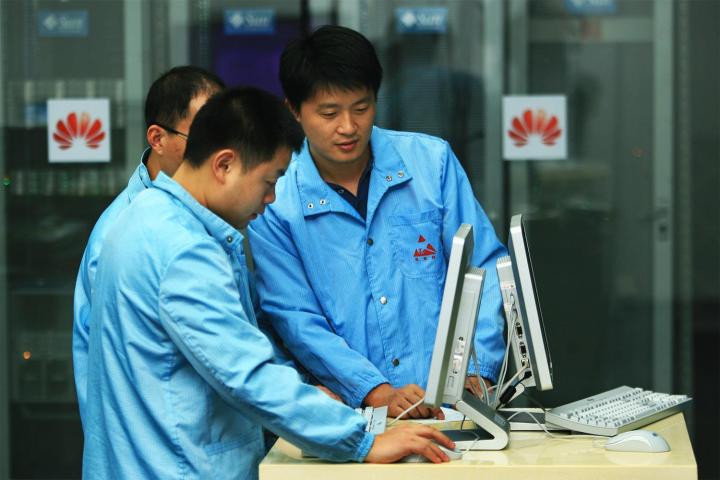
Huawei, the Chinese smartphone and electronics manufacturer, has recently closed out a tumultuous twelve months, having at the end of 2012 been accused of posing a security risk to the United States. Although fellow Chinese firm ZTE was also named, it has been Huawei which has suffered the most, despite repeated denials of any nefarious intentions.
In a recent interview, the company’s founder, Ren Zhengfei, has confirmed it has had enough of trying to convince the U.S. it’s not a threat, and has decided to leave the market. He’s quoted as saying Huawei will, “No longer look for business in the United States,” and that he didn’t want the firm to, “Get in the middle of relations between the U.S. and China.” Therefore, an exit was seen as the sensible strategy.
Huawei’s U.S. spokesperson William Plummer backed up Zhengfei’s words, saying, “It is true that Huawei has adjusted its priority to markets that welcome competition and investment, like Europe.”
So what does this mean? Well, Huawei doesn’t only make smartphones, and its focus in many international markets has been on selling its network and telecoms infrastructure equipment. It’s this side of the business which won’t be growing in America.
It’s not a complete exit though, as according to Zhengfei, no offices in the country will be closing down because of the decision. It also looks like smartphone sales won’t be affected all that much either, with the founder saying Huawei-branded handsets are, “Still selling well” in America. At the moment, then, we take it Huawei just won’t be trying to buy anymore companies – its previous efforts have all been blocked, anyway – nor will it tender for contracts to build telecom networks, along with any other business efforts in that area.
Whether this is just stage one of Huawei’s American exit remains to be seen.


